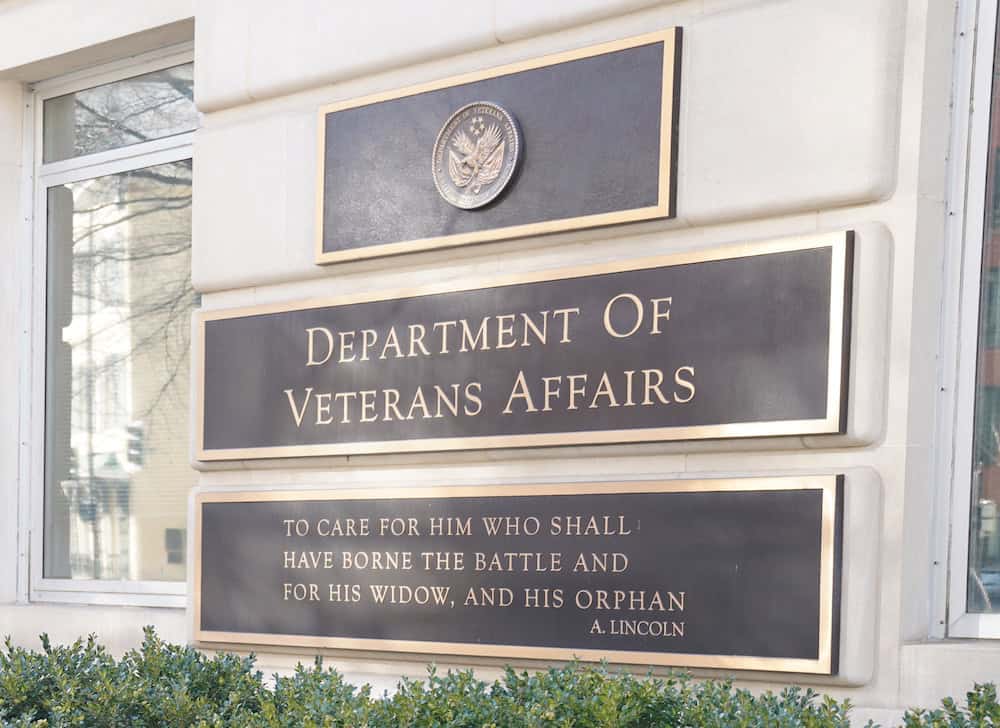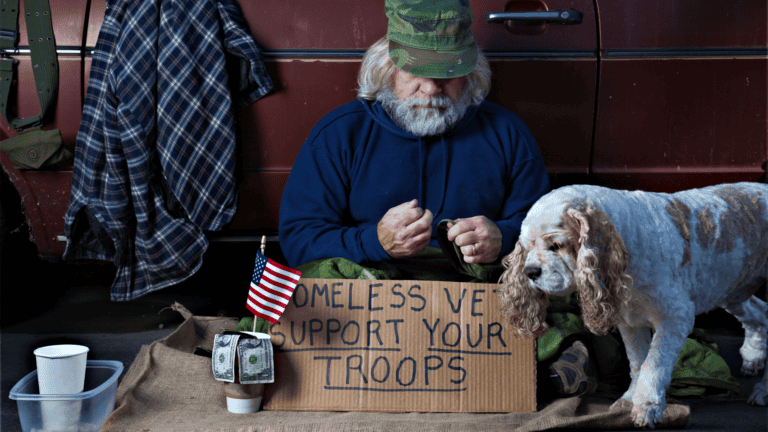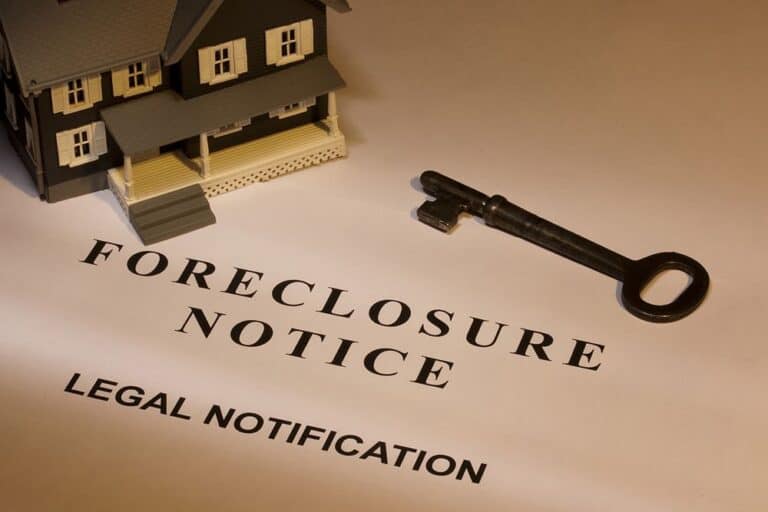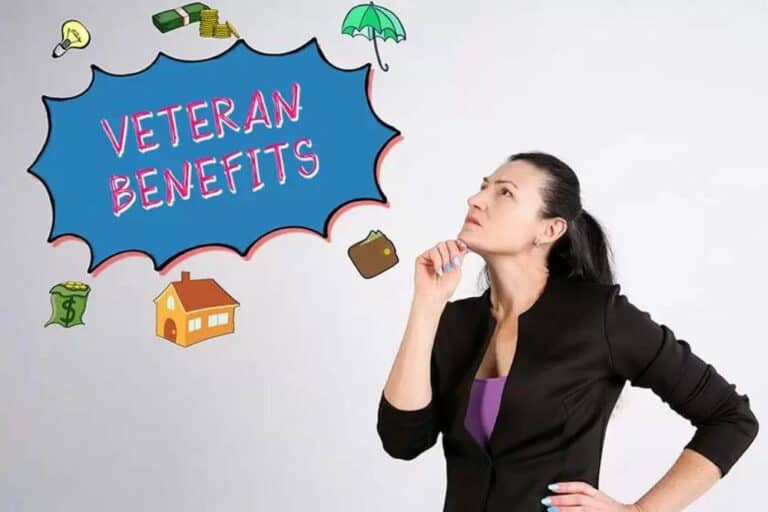VA Allocates $806 Million to Combat Veteran Homelessness: Key Programs and Challenges
The Department of Veterans Affairs (VA) has recently announced a significant funding initiative, awarding $806 million in grants aimed at assisting homeless and at-risk military veterans across the United States. The funding is set to be distributed through two primary programs designed to address the various challenges faced by veterans experiencing homelessness.
Supportive Services for Veteran Families (SSVF) Program
The majority of the $806 million will be allocated to the Supportive Services for Veteran Families (SSVF) program, which will distribute grants to 239 community organizations nationwide.
These organizations are tasked with rapidly rehousing veterans and their families, preventing the imminent loss of veterans’ homes, and identifying more suitable housing situations. The SSVF program is a key component of the VA’s strategy to combat veteran homelessness, providing critical supportive services such as outreach, case management, and assistance in obtaining VA and other benefits.
Grant and Per Diem (GPD) Program
In addition to the SSVF program, approximately $9 million of the total funding will go toward the Grant and Per Diem (GPD) Program.
The GPD Program is designed to help veterans transition from homelessness to permanent housing by offering temporary housing options and comprehensive support services to address issues such as mental health and substance abuse. The program focuses on providing veterans with the necessary tools and support to achieve long-term stability and self-sufficiency.
Progress and Ongoing Challenges in Reducing Veteran Homelessness
The VA reports a 52% decrease in the number of veterans experiencing homelessness since 2010. However, recent data shows an increase in homeless veterans between 2022 and 2023, reversing several years of declining numbers. In 2023, an estimated 35,574 veterans spent at least one night homeless, compared to over 74,000 in 2010. Of the 35,574 veterans, around 20,000 were considered “sheltered,” while approximately 15,500 were “unsheltered,” living on the streets or in places not meant for human habitation.
“We’re making real progress in reducing Veteran homelessness, but there is much more work to do,” said VA Secretary Denis McDonough. “These grants allow VA and the entire Biden-Harris Administration, alongside community partners, to provide more housing and wraparound services to more homeless and at-risk Veterans than ever before.”
Major Grant Recipients and Their Impact
The largest grant from this initiative went to Nation’s Finest, an organization that provides services to homeless veterans in Nevada and Arizona. The agency is set to receive nearly $23 million from the VA. In 2023, Nation’s Finest reported assisting 7,524 veterans with housing, employment, and mental health services. “We are committed to using these funds effectively to make a real impact on the lives of veterans who are struggling with homelessness,” a spokesperson for Nation’s Finest stated.
The next largest recipient is the Society of St. Vincent de Paul Sought Pinellas, Inc. based in Florida, which will receive $18.5 million. In Minnesota, the Minnesota Assistance Council for Veterans (MACV) is set to receive $5,558,597. MACV has a stated mission “to End Veteran Homelessness in Minnesota” and has been actively working toward this goal through various local initiatives.
Factors Driving Veteran Homelessness
Despite these efforts, several challenges remain. According to a report by the National Coalition for Homeless Veterans, factors such as rising housing costs, a lack of affordable housing, and ongoing issues with mental health and substance abuse continue to drive veteran homelessness. Additionally, a recent Government Accountability Office (GAO) report highlighted inefficiencies in program implementation and coordination among various agencies as areas needing improvement.
Senator Patty Murray, Chair of the Senate Committee on Veterans’ Affairs, emphasized the need for ongoing oversight and accountability to ensure these funds are used effectively. “We must make sure that every dollar allocated is directly helping veterans get off the streets and into safe, stable housing,” she stated.
Moving Toward “Functional Zero”
The Department of Veterans Affairs and its partners continue to work toward the goal of “functional zero,” where homelessness among veterans is rare, brief, and nonrecurring. However, as the recent uptick in numbers shows, achieving this goal will require sustained effort and coordination among federal, state, and local agencies, as well as continued support from the community.
The full list of organizations receiving funds from this recent round of grants is available online, providing transparency and allowing for public accountability in how these resources are allocated.
FAQ: Addressing Veteran Homelessness
Q: What is the Supportive Services for Veteran Families (SSVF) program?
A: The SSVF program provides grants to community organizations that assist in rapidly rehousing veterans and their families, preventing the imminent loss of veterans’ homes, and identifying more suitable housing situations. The program also includes outreach, case management, and assistance in obtaining VA benefits.
Q: What does the Grant and Per Diem (GPD) Program do?
A: The GPD Program provides transitional housing and case management for veterans, helping them move from homelessness to permanent housing. The program offers temporary housing options and comprehensive support services to address issues such as mental health and substance abuse.
Q: How much has veteran homelessness decreased since 2010?
A: According to the VA, veteran homelessness has decreased by 52% since 2010. However, recent data indicates an increase in homelessness between 2022 and 2023.
Q: What challenges are still faced in reducing veteran homelessness?
A: Challenges include rising housing costs, lack of affordable housing, and ongoing issues with mental health and substance abuse. Additionally, there are inefficiencies in program implementation and coordination among various agencies.
Q: What is “functional zero” in the context of veteran homelessness?
A: “Functional zero” refers to a state where homelessness among veterans is rare, brief, and nonrecurring. The goal is to have systems in place to quickly address and resolve instances of veteran homelessness.







Sometimes a VA employee, even mental health personnel, will lose their minds and they gotta get them outta there before they get sued. Sometimes it’s too late. That system breeds mental health breakdown.
VHA, fucked over tens of thousands, threat to people’s lives and stability of the USA. It must be done away with. We want UBI instead so we can purchase health insurance. There will be no wait times or denial of care then.
One day they’re gonna figure out that UBI is the solution to a myriad of problems.. one of which is the dysfunction in systems like VHA. People can take the UBI and get housing, healthcare, food, and of course people who work for VHA won’t be there because they’ll get UBI as well and of course that system will be eliminated so two birds, one stone. Hard to deny care and no wait times when you can purchase insurance with the UBI and go somewhere else if you aren’t satisfied. The only reason I can think of as to why they wouldn’t do something like that is control. Somebody somewhere wants to be in control of people and make a living that way. Some might claim it’s a money thing but I disagree that it would be an economic burden. It would actually stimulate the economy so long as taxes were actually collected. It all goes around in a big loop. People need to start looking at heathcare as a need instead of a luxury. The economy will have to adjust because it’s a human rights issue. We aren’t there yet, but I tell you one thing, VHA is just an impediment to getting there. It’s a bad healthcare model and it always will be. They can’t even keep people out of there who shouldn’t be there so don’t hand me any bullshit.
Gender surgery my fat ass. They won’t even fix a degenerated disk let alone chop someone’s penis off and sculpt a vagina. These people are full of shit. Sue to stop the false advertising and propaganda that perpetuates the big lie…VHA as a healthcare system.
AHHH the VHA…the place where they pay to keep people out of civilized society and the free market. Let’s face it though.. it’s a worthy cause. Can you imagine the people who run the VA and work there doing what they do in the free market? Ok then! Only problem is they make such an arrangement hard to sue for obvious reasons. At the end of the day.. you aren’t forced to go (yet.)
It’s best they just hand out money so people can get healthcare and of course not have to deal with the pseudo intellectuals at VHA. Those psychologists they have there are snake oil salesmen and some of the most insulting and degrading people you’ll ever meet. To think that people like that are actually paid to do what they do is beyond understanding. I guess there’s a sucker born every minute and I was once one of them.